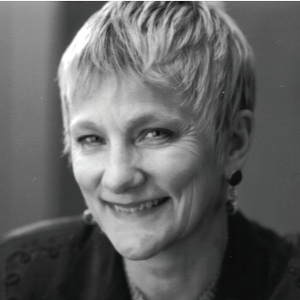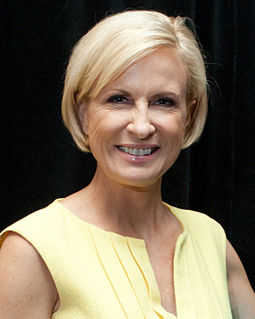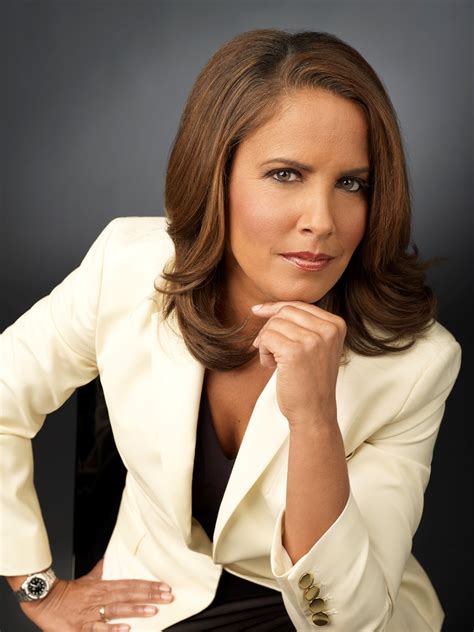A Quote by Warren Farrell
Companies like I.B.M. have offered women scholarships to study engineering for years, and women engineers routinely get higher starting salaries than men.
Related Quotes
When you look at how men and women are living together, there are two processes at work. One, women are rising in the middle class; their earning potential is rising compared to men. It has been underway for 100 years, and nothing is going to stop it. On the other hand, women are denied iconic positions of power - equity partnerships law firms, Hollywood salaries.
Countries with higher levels of gender equality have higher economic growth. Companies with more women on their boards have higher returns. Peace agreements that include women are more successful. Parliaments with more women take up a wider range of issues - including health, education, anti-discrimination, and child support.
We have an almost desperate need for more women to run for office and for more women to really gut it out after they have kids and stay in their jobs and get to high positions in companies. We need women at the top more than ever. We need women's voices there because they are very different than men's voices and they bring a very valuable and necessary point of view to the table.
Engineering is not merely knowing and being knowledgeable, like a walking encyclopedia; engineering is not merely analysis; engineering is not merely the possession of the capacity to get elegant solutions to non-existent engineering problems; engineering is practicing the art of the organizing forces of technological change ... Engineers operate at the interface between science and society.
Women have always been more critical of marriage than men. The great mysterious irony of it is - at least it's the stereotype - that women want to get married and men are trying to avoid it. Marriage doesn't benefit women as much as men, and it never has. And women, once they are married, become very critical of marriages in a way that men don't.
Increasingly, men are realizing exactly that - that having an educated, economically independent partner reduces the pressure on them to be the sole provider. Many men are also beginning to understand that participating in housework and childcare can be rewarding. Women with higher education and/or earnings are so much less likely than other women to divorce, that by age 40, they are more likely to be married than any other group of women.






































